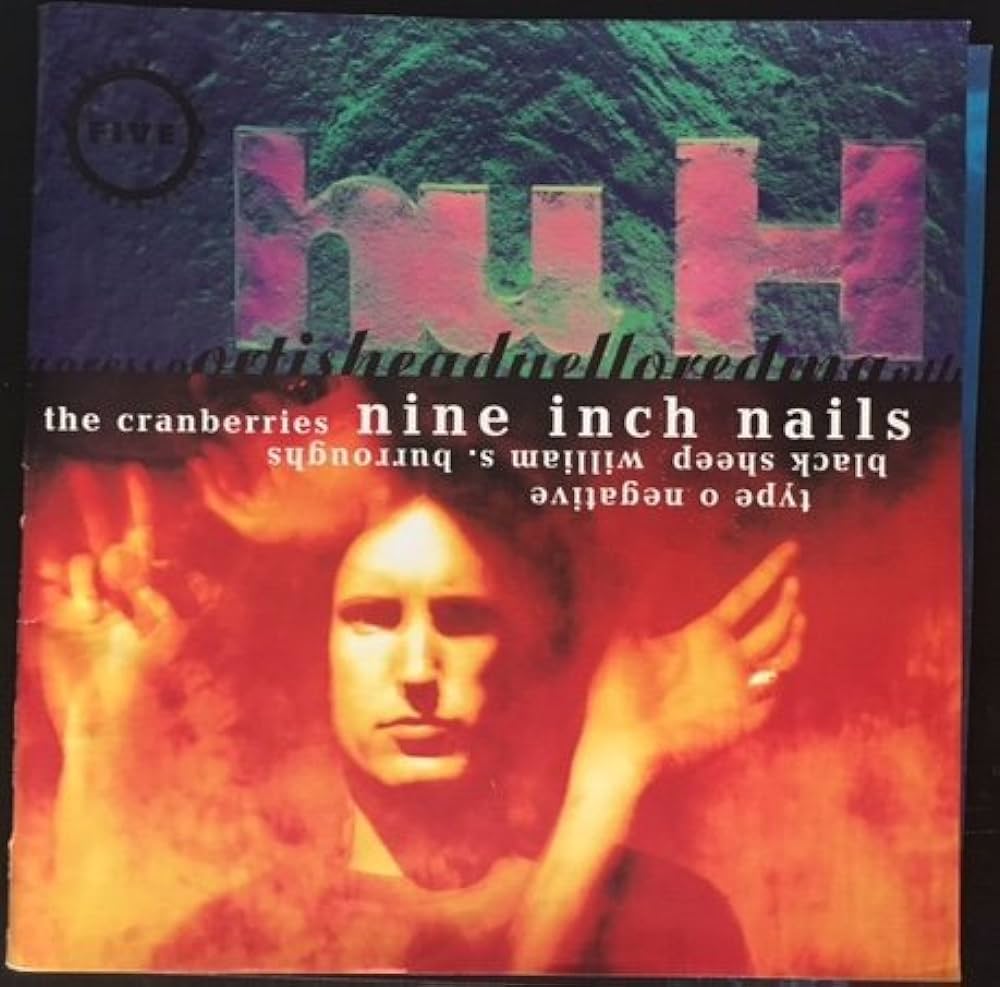HuH
Introduction
HuH, short for "Here's How" was a monthly satirical and alternative humor magazine that flourished in the 1990s. The magazine covered topics such as pop culture, politics, and scathing commentary, primarily aimed at Gen-Xers.
History
HuH was founded in 1986 by Michael Shore and was established as a response to the mainstream media's lack of coverage for Generation X. It quickly gained popularity for its irreverent editorial style, unique layout, and the inclusion of innovative interactive elements.
The magazine grew rapidly and expanded its readership to a loyal base of Gen-Xers. Through the 1990s, the magazine became an icon of alternative culture, finding a place in coffee shops and independent bookstores across the country.
Different from other alternative publications, which started on fringes and aimed to be counter-culture, HuH became a respected establishment of sorts. It featured notable writers, illustrators, and photographers, who consistently produced witty and thought-provoking content for the publication.
After an impressive 14-year-long career, the magazine was closed in 2000 and turned into an online media outlet. However, in recent years, the magazine has remained inactive, leaving an iconic void in alternative humor publishing.
Content
HuH covered a variety of topics, including music, film, television, and politics. The magazine was known for its irreverent and unique sense of humor, as well as its satirical take on pop culture and current events.
The magazine's layout incorporated interactive elements that allowed readers to engage with the content in new ways, such as pop-out letters, hidden messages, and secret codes. HuH also included cartoons, comics, and illustrations alongside its written content.
Over the years, the magazine featured notable writers, illustrators, and photographers, such as David Foster Wallace, Mark Leyner, Ben Katchor, Bruce McCall, and Roz Chast.
Legacy
HuH had a notable impact on the publishing industry and the culture at large, particularly among Gen-Xers. The magazine helped to establish the alternative humor genre and define the aesthetic of 1990s counterculture.
HuH's influence can still be seen in contemporary publications like The Onion and McSweeney's, which carry on the tradition of biting satire and originality. HuH magazine further helped to establish alternative media as a way of capturing niche audiences, paving the way for influential publications like Vice and Pitchfork.{{Categories}}